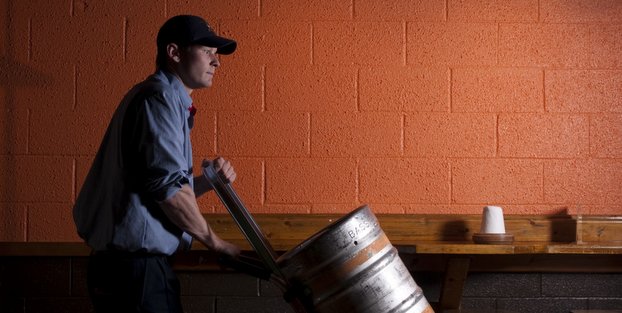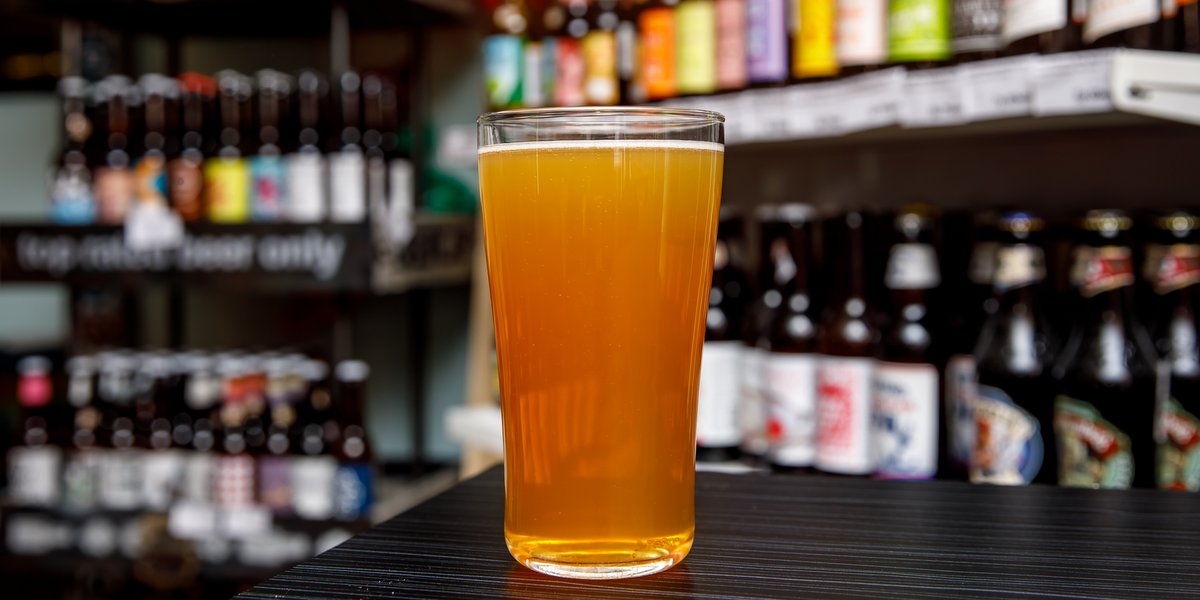
Last week, the 8th Circuit Court of Appeals ruled against Southern Wine and Spirits’ challenge to Missouri’s alcohol code. The 8th Circuit Court of Appeals upheld the wholesaler residency requirement in Missouri, affirming the state’s 21st Amendment authority to require residency and affirms that the 21st Amendment gives states great authority to structure their distribution systems where a state is not discriminating against an out of state product or producer.
The 8th Circuit affirmed last year’s ruling by the U.S. District Court for the Western District of Missouri, asserting that under the landmark Granholm v. Heald Supreme Court decision, “States have flexibility to define the requisite degree of ‘in-state’ presence to include the in-state residence of wholesalers’ directors and officers, and a super-majority of their shareholders.” According to Shanken News Daily: “The court rejected Southern’s arguments that the residency law is an example of economic protectionism and in violation of the Commerce Clause, ruling that the latter’s protections against discrimination against out-of-state producers do not apply to wholesalers.”
In response to that decision, the National Beer Wholesalers Association (NBWA) President & CEO Craig Purser issued the following statement:
NBWA is encouraged that another federal circuit court is recognizing that “the three-tier system is unquestionably legitimate,” echoing the United State Supreme Court. Today’s news from the 8th Circuit joins decisions from the 2nd, 4th and 5th Circuits recognizing that the Supreme Court’s 2005 decision in Granholm v. Heald was limited to efforts by states to discriminate against out-of-state producers. In today’s ruling, the 8th Circuit noted, “States have discretion to establish their own versions of the three-tier system, and Granholm itself announced the unquestionable legitimacy of the three-tier system in a case involving two different versions of that system from New York and Michigan.” NBWA is optimistic that needless court challenges to state alcohol laws will continue to decline and that changes to state alcohol laws will continue to be made in state legislatures, as they have been for 80 years.





Leave a Reply
You must be logged in to post a comment.